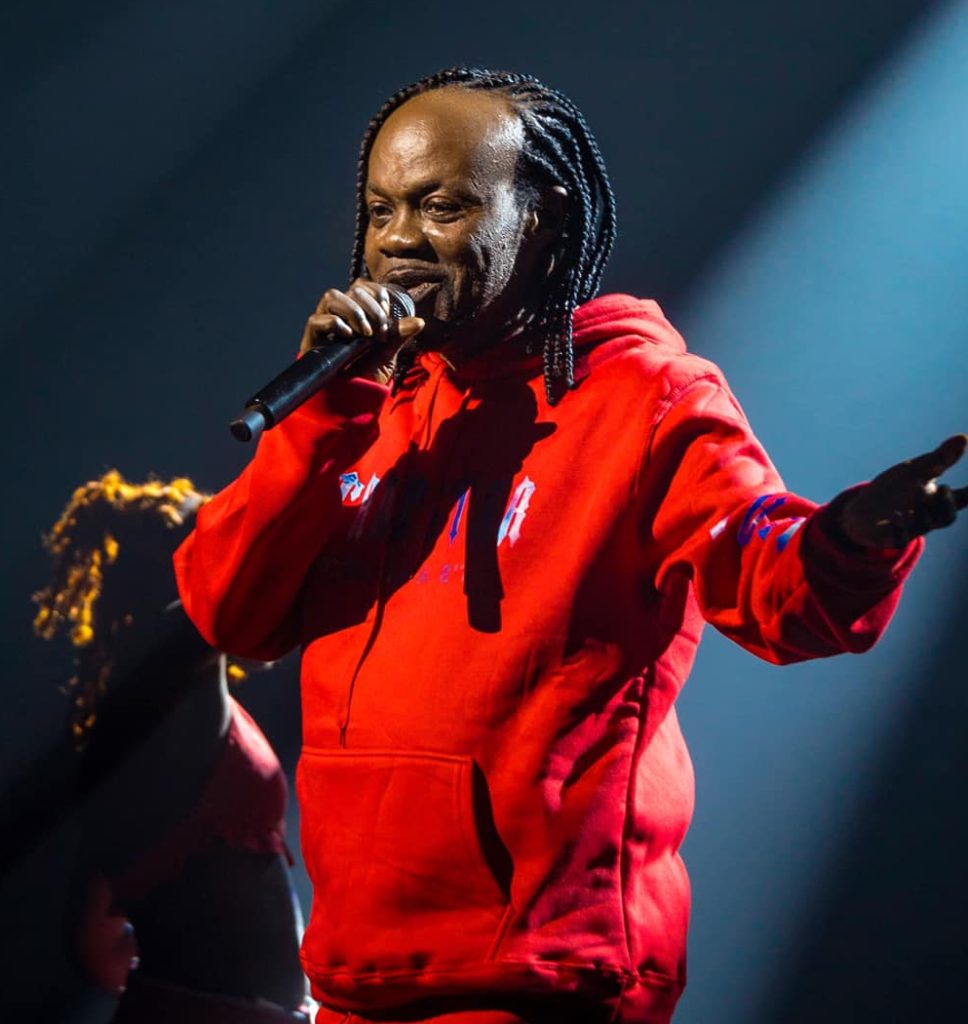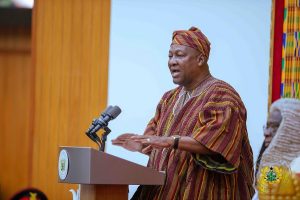Ghana is mourning the loss of one of its greatest musical icons, Charles Kwadwo Fosu, affectionately known as Daddy Lumba, who passed away on Saturday, July 26, 2025, after a brief illness. He was 60.
With his unmistakable voice and lyrical genius, Daddy Lumba rose to become the heartbeat of Ghanaian highlife music. But his legacy transcends melodies he helped define an era, amplify Ghana’s presence on the global stage and subtly shaped the country’s image in the minds of many, home and abroad.
A journey that began across borders
Though his roots were firmly Ghanaian, Lumba’s professional music journey took off in Germany in the late 1980s. It was there, in the heart of Europe, that he transitioned from gospel to highlife, met fellow Ghanaian musician Nana Acheampong, and co-founded the legendary Lumba Brothers.
Their debut album ‘Yɛɛyɛ Aka Akwantuo Mu’ resonated deeply with the Ghanaian diaspora, capturing themes of longing, identity and home.
Their style was bold and new. It came to be known as “Borga Highlife” a genre born from the Ghanaian diaspora experience, blending local rhythms with Western instrumentation, language and themes. The genre not only resonated with Ghanaians abroad but also created a new sonic gateway that appealed to foreign ears.
Living in Cologne and recording in cities like Düsseldorf and Monheim am Rhein, Daddy Lumba’s music took on a cosmopolitan flavour. He collaborated with German producers and even infused German phrases into his lyrics notably in the emotive song “Homeless”, where he voiced the longing and duality of living between worlds. These cultural intersections made his work both deeply Ghanaian and subtly global.
Music as a cultural ambassador
Through his extensive touring in Europe, North America and parts of Africa, Daddy Lumba introduced generations of international fans to Ghanaian culture. His sold-out concerts in cities like London, Hamburg, Amsterdam, Toronto and Chicago weren’t just performances they were showcases of Ghana’s musical identity. Each stage he graced turned into a portal through which audiences could experience the rhythm, language, emotion and colour of Ghana.
His music became a powerful soft diplomacy tool drawing in the diaspora, awakening curiosity in foreign audiences and serving as a subtle but compelling invitation to explore Ghana.


